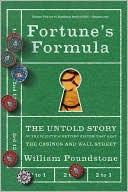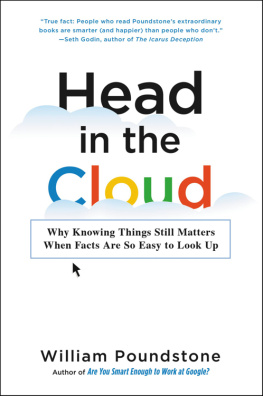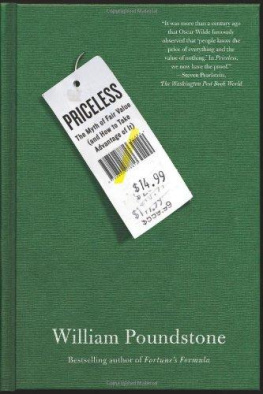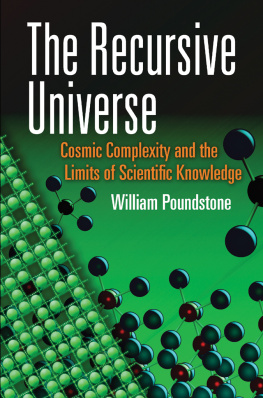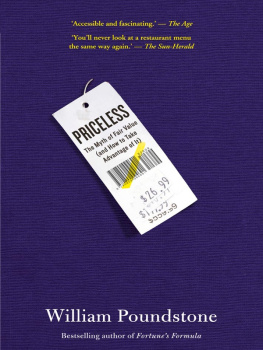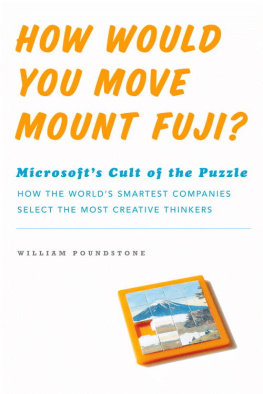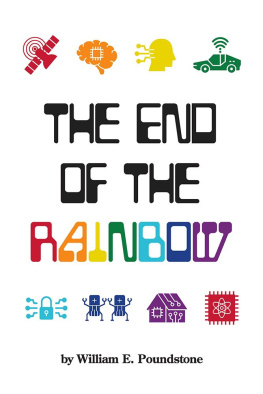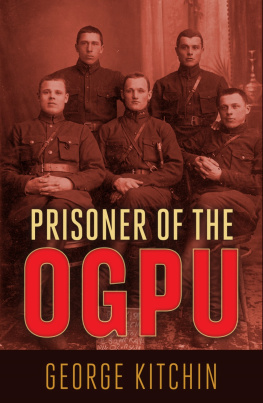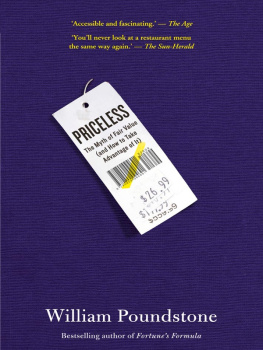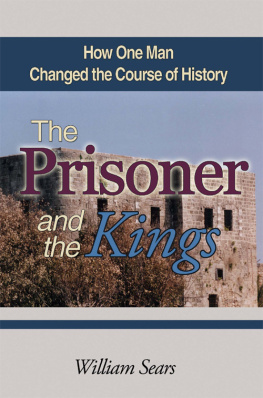William Poundstone - Prisoner’s Dilemma
Here you can read online William Poundstone - Prisoner’s Dilemma full text of the book (entire story) in english for free. Download pdf and epub, get meaning, cover and reviews about this ebook. year: 1993, publisher: Anchor Books, genre: Romance novel. Description of the work, (preface) as well as reviews are available. Best literature library LitArk.com created for fans of good reading and offers a wide selection of genres:
Romance novel
Science fiction
Adventure
Detective
Science
History
Home and family
Prose
Art
Politics
Computer
Non-fiction
Religion
Business
Children
Humor
Choose a favorite category and find really read worthwhile books. Enjoy immersion in the world of imagination, feel the emotions of the characters or learn something new for yourself, make an fascinating discovery.

- Book:Prisoner’s Dilemma
- Author:
- Publisher:Anchor Books
- Genre:
- Year:1993
- Rating:3 / 5
- Favourites:Add to favourites
- Your mark:
- 60
- 1
- 2
- 3
- 4
- 5
Prisoner’s Dilemma: summary, description and annotation
We offer to read an annotation, description, summary or preface (depends on what the author of the book "Prisoner’s Dilemma" wrote himself). If you haven't found the necessary information about the book — write in the comments, we will try to find it.
Prisoner’s Dilemma — read online for free the complete book (whole text) full work
Below is the text of the book, divided by pages. System saving the place of the last page read, allows you to conveniently read the book "Prisoner’s Dilemma" online for free, without having to search again every time where you left off. Put a bookmark, and you can go to the page where you finished reading at any time.
Font size:
Interval:
Bookmark:
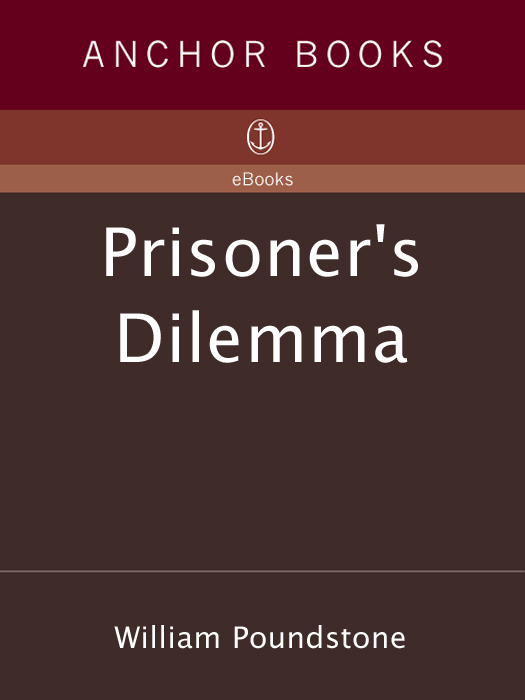
OTHER BOOKS BY
WILLIAM POUNDSTONE
Big Secrets
The Recursive Universe
Bigger Secrets
Labyrinths of Reason
The Ultimate
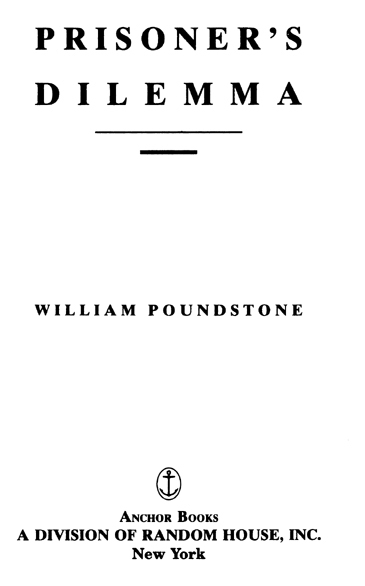
TO MIKOLAS CREWS
Many of the original group of game theorists at the RAND Corporation are still well and active. Merrill Flood and Melvin Dresher contributed importantly to this book with their recollections of their work and of the RAND milieu. Much of the biographical material on John von Neumann, including the letters quoted, comes from the collection of von Neumanns papers at the Library of Congress Manuscript Division, Washington, D.C. Some historical information on the Truman administration is based on materials at the Harry S. Truman Presidential Library, Independence, Missouri. Thanks for recollections, assistance, or advice must also go to Paul Armer, Robert Axelrod, Sally Beddow, Raoul Bott, George B. Dantzig, Paul Halmos, Jeane Holiday, Cuthbert Hurd, Martin Shubik, John Tchalenko, Edward Teller, and Nicholas A. Vonneuman.

A man was crossing a river with his wife and mother. A giraffe appeared on the opposite bank. The man drew his gun on the beast, and the giraffe said, If you shoot, your mother will die. If you dont shoot, your wife will die. What should the man do?
So asks a traditional dilemma tale told by the Popo of Dahomey. Odd and difficult decisions like this are widespread in African folklore. Many have been appropriated by Western writers and philosophers. In the Popo tale, you are supposed to imagine that the pronouncements of talking giraffes are always true. You can restate the dilemma in more Western and technological terms: you, your spouse, and your mother are kidnapped by mad scientists and placed in a room with a strange machine. All three of you are bound immobile to chairs. In front of you is a push button within reach. A machine gun looms in front of your spouse and mother, and a menacing clock ticks away on the wall. One of the scientists announces that if you push the button the mechanism will aim the gun at your mother and shoot her dead. If you dont push it within sixty seconds it will aim and fire at your spouse. You have examined the machine and satisfied yourself that its remorseless clockwork will perform as stated. What do you do?
Dilemmas like this are sometimes discussed in college ethics classes. Theres no satisfactory answer, of course. Its a cop-out to insist that you should do nothing (dont push the button and allow the machine to kill the spouse) on the grounds that you cannot be guilty for doing nothing at all. You can only decide which of the two you like better and spare that one.
Choices are even more difficult when someone else is making a choice, too, and the outcome depends on all the choices made. A similar but more thought-provoking dilemma appears in Gregory Stocks The Book of Questions (1987): You and a person you love deeply are placed in separate rooms with a button next to each of you. You know that both of you will be killed unless one of you presses your button before sixty minutes pass; furthermore, the first person to press the button will save the other person, but will immediately be killed. What do you think you would do?
Now there are two people pondering their predicament and making independent choices. Its vital that someone push the button. The tricky part is when you should make the sacrifice. The dilemma forces you to make a lifeboat decision about you and your loved one. Who really should be the one to live?
There are many situations where one person might elect to save the other at the sacrifice of his own life. A parent might save a child on the grounds that the child is likely to have more years of life left. Whatever the criteria usedand there is no reason to believe both persons would use the same criteriathere are three possible outcomes of the lifeboat decision.
The least disturbing case is when both come to the same conclusion about who should make the sacrifice and who should be saved. Then the former should push the button and save the latter.
A second possibility is that both persons decide to save each other. A mother decides to save her daughter, who has more years left, and the daughter decides to save the mother who gave her life. In that case there is a race to push the button first.
The most disturbing case is when both persons decide he or she is the one who should be saved. Then neither pushes the button and the clock ticks away
Think about this third scenario a bit. The clock reads fifty-nine minutes after the hour. You havent pushed the button, hoping that your loved one wouldonly he/she hasnt. (Lets assume that the survivor is notified immediately when the other person pushes the button.) Youve had time to mull over the possibilities. Some people might take the whole hour to decide who to save, or to work up the courage to push the button. But its beginning to look as if your loved one has decided you should make the sacrifice.
Theres no point in vowing never push the button, not even in the very last split second. No matter how self-centered you may be, you have no power to save yourself. Someone has to die; thats the way the dilemma works. If your loved one fails to make the sacrifice, you might as well save him or her. Remember, you really love the other person.
Ideally, you would want to push the button in the last instant. It is possible that your loved one is thinking the very same thing. That gives you all the more reason to hold off until the very, very last instant. You want to give the other person a chance to push the button in the last instant but if he/she doesnt, then and only then do you push the button. Of course, your loved one may be planning this as well.
Complicating this mutual intention to hold off until the very last moment are matters of reaction times and clock accuracy. The infernal machine has no sympathy for an intention to have pushed the button within the time limit. You or the other person must physically complete a circuit before the machine overrides it and kills both of you. It is unclear whether the clock on the wall is perfectly synchronized with the machine. The mad scientist said it was, but he may not have been talking about the second hand, and he is mad. To be sure of pushing the button within the time limit, you really ought to push it a moment or two early, just to be safe. Thats an awkward requirement when applying the wait-until-the-very-last-moment strategy!
Your procrastinating loved one is in the same boat. Should both of you resolve to push the button only at the last instant, the outcome would be a crapshoot. One person would happen to push it a split second before the other, or both would miss the deadline and both would die. The outcome would in effect be determined randomly. Chance would triumph over rationality.
Desperate decisions in strange rooms have enough currency in the philosophical literature to have earned a name: problem boxes. Why are such dilemmas so compelling? Its partly the novelty of bizarre predicaments. But they would hardly inspire such interest if they were just puzzles with no resonance in our personal experience.
Font size:
Interval:
Bookmark:
Similar books «Prisoner’s Dilemma»
Look at similar books to Prisoner’s Dilemma. We have selected literature similar in name and meaning in the hope of providing readers with more options to find new, interesting, not yet read works.
Discussion, reviews of the book Prisoner’s Dilemma and just readers' own opinions. Leave your comments, write what you think about the work, its meaning or the main characters. Specify what exactly you liked and what you didn't like, and why you think so.

